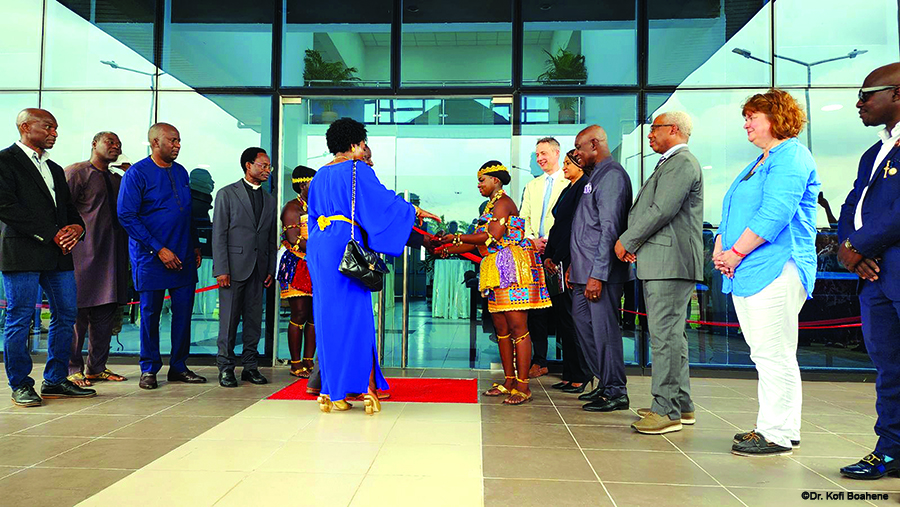Dr. Miguel Goncalves Ferreira, a rhinoplasty surgeon in Portugal, brought together the international rhinoplasty community during COVID-19 by creating the Evidence-Based Rhinoplasty Research Group (EBRRG) to provide a forum for discussion of high-quality manuscripts by members of our field to increase the quality of care patients receive.






